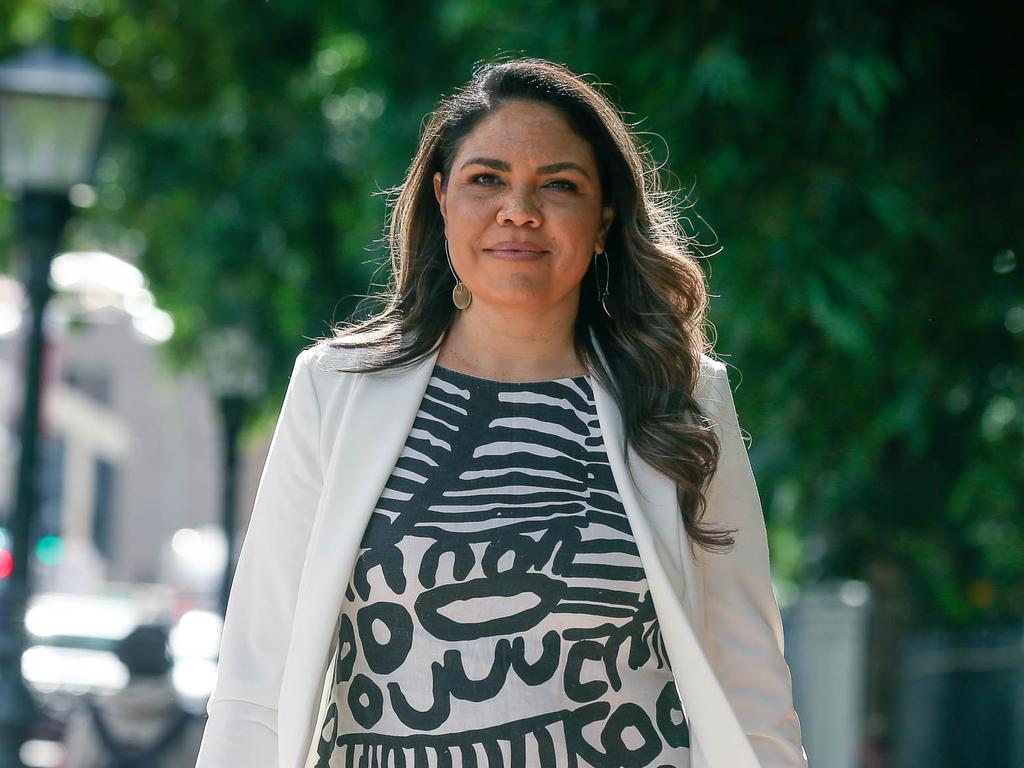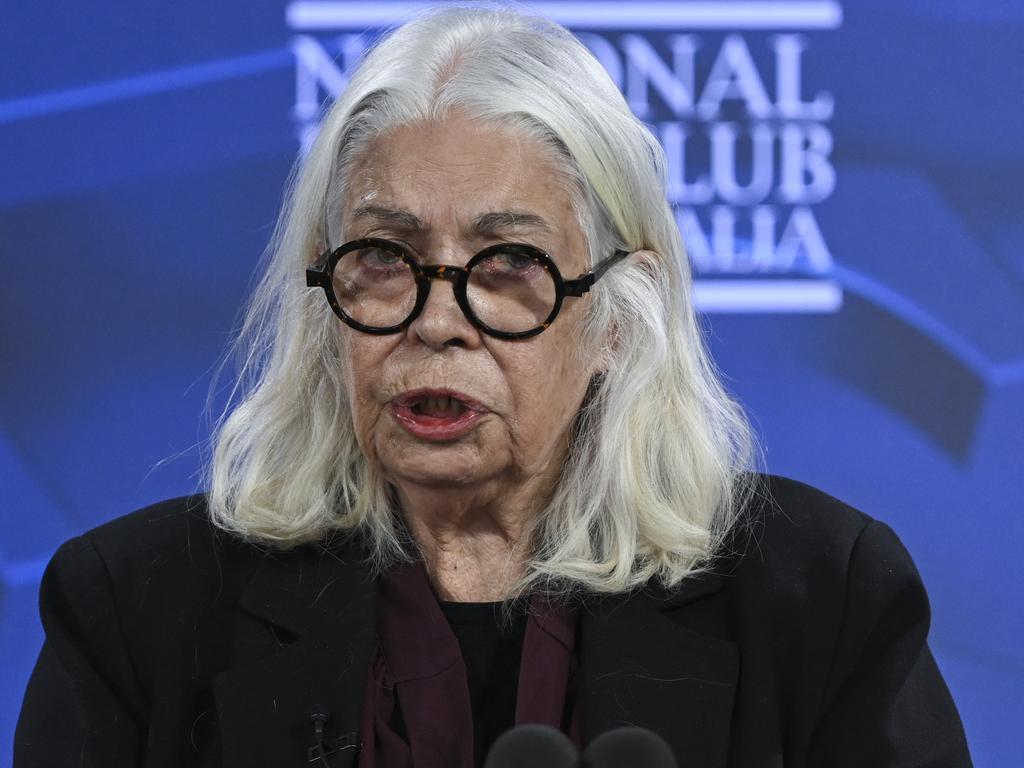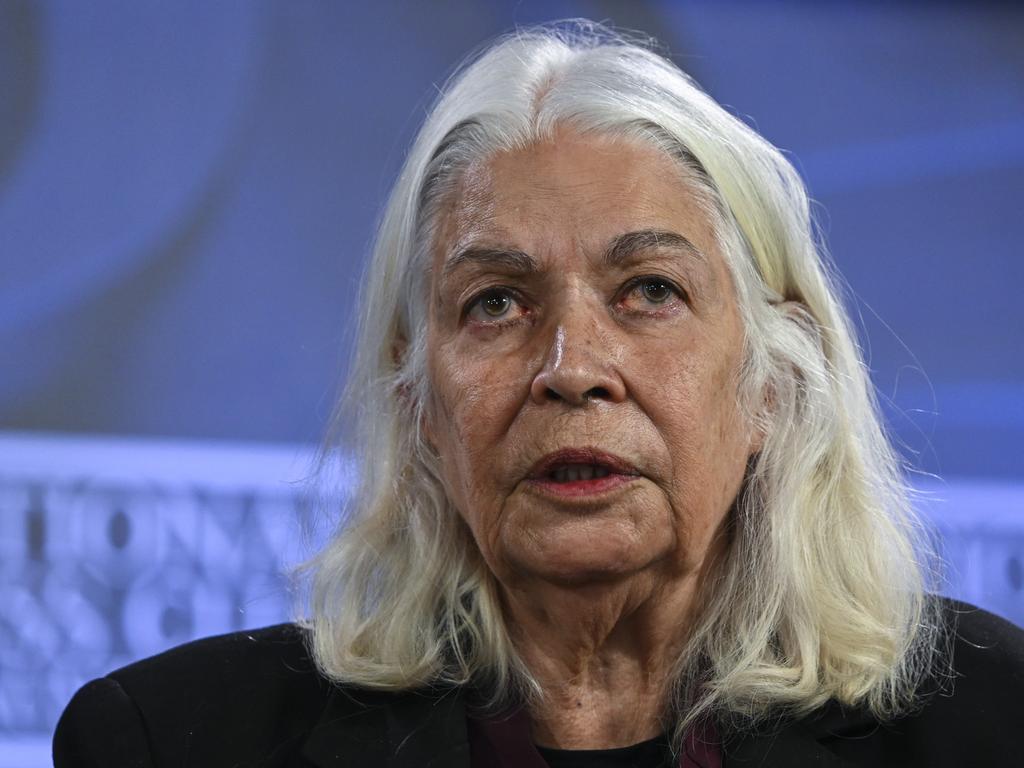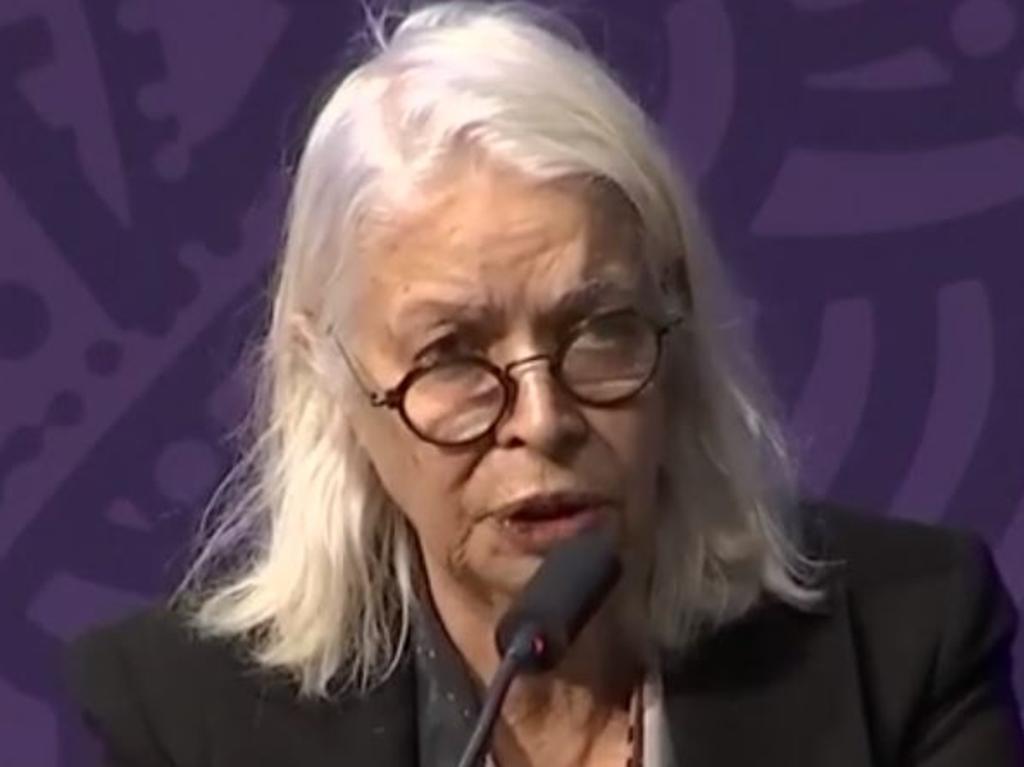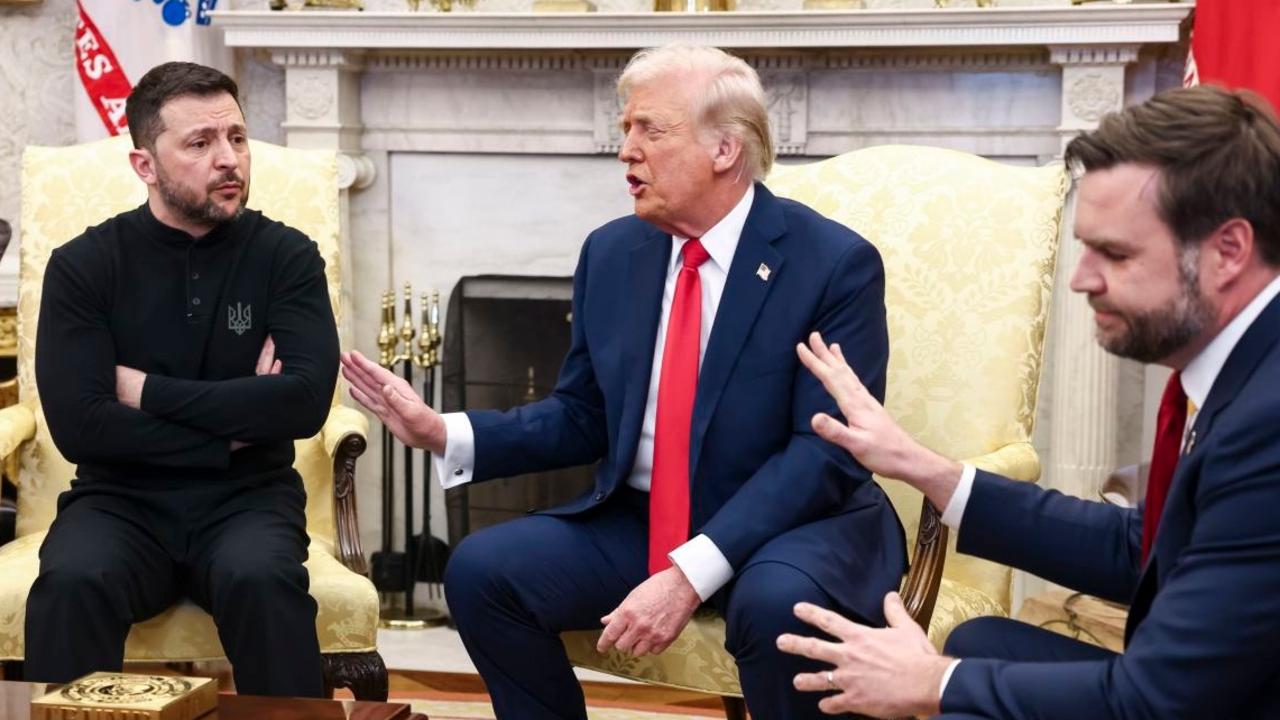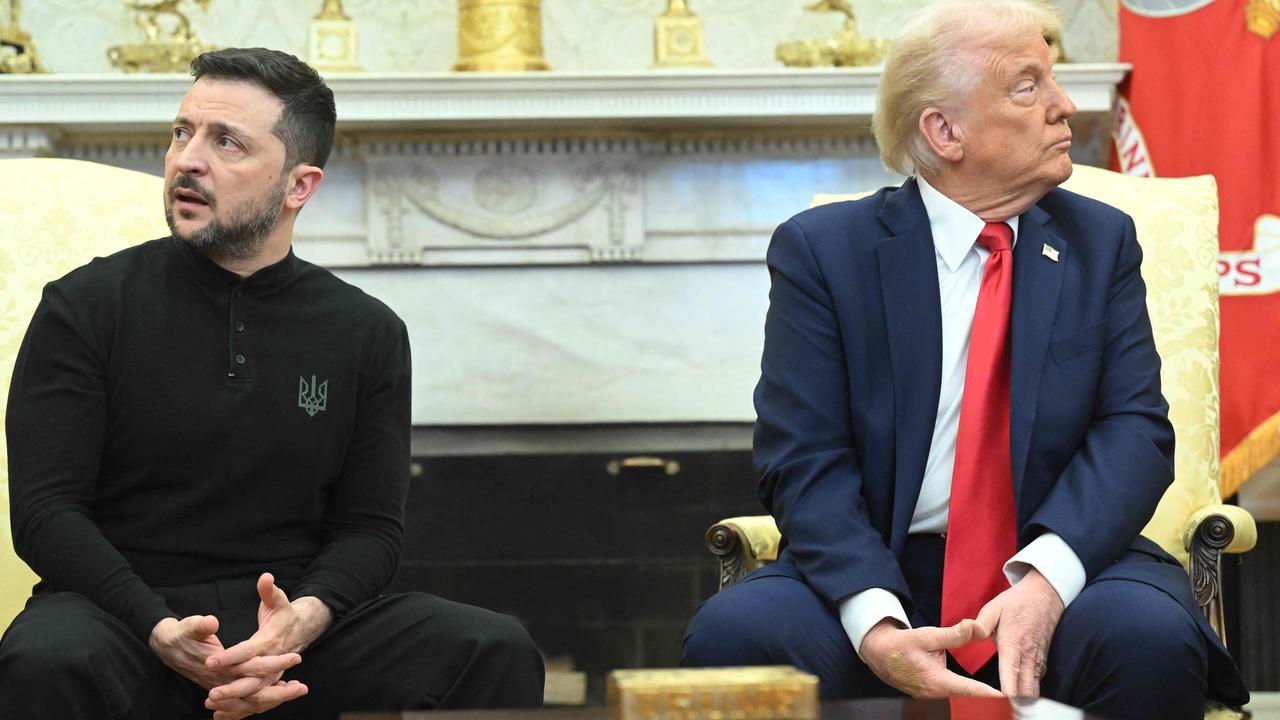Referendum offers us the chance to choose hope over spread of fear and confusion
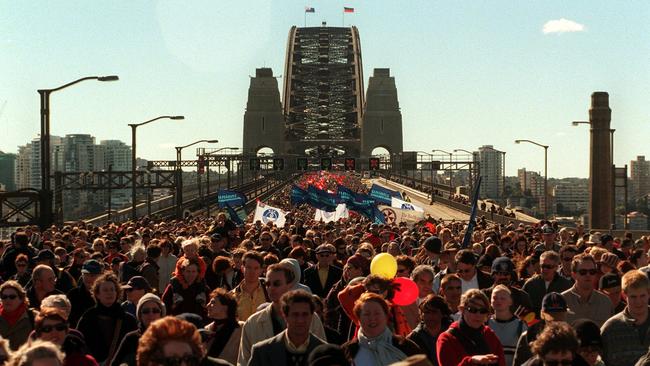
Tens of thousands of Australians will gather in every major Australian city this weekend to walk in visible support of a Yes vote in the October 14 referendum. Thousands more will be wearing T-shirts and badges as they knock on doors to talk to their fellow citizens in suburbs across the country to explain what is being asked in the referendum, and encouraging them to vote yes.
Yes23 has never been under any illusions that winning this referendum would be anything other than a difficult task. Australians are justifiably hesitant about changing the foundation document that has been the platform for such a successful nation.
The debate has rightly been robust, and no better evidenced anywhere than in the contributions from advocates in these very pages throughout the year.
The conversation more broadly has occasionally taken detours that evidently have not been helpful to a Yes campaign that is working to explain a constitutional change to 18 million Australians.
In talking to people about this, it’s very common to meet voters who currently plan to write “no” on their ballot paper. Exploring their reasons, it has been my consistent experience that more often than not, their view is based on a misunderstanding, or sometimes simple misinformation. Discussion of the proposal, the rationale, and the opportunities in voting yes very often will lead people to change their minds.
This is what the campaign team and the now almost 40,000-strong army of Yes23 volunteers are working to roll out at scale between now and October 14.
For the vast majority of our volunteers, this is the first time they have been politically active on any issue. They come from all walks of life, all faiths, all backgrounds, and all political allegiances. It is a true, broad cross-section of the Australian community.
On the days we are out knocking on doors and handing out flyers in the suburbs and at train stations, the trope that supporting recognition through a voice is somehow a project of the “elites” rings especially hollow.
While we are out in Yes T-shirts and carrying placards, the No campaign, in contrast, is telling its supporters to hide the fact that they are advocates for No when they call people’s homes or mobiles, working off a script deliberately designed to sow fear and confusion in voters’ minds. The contrast is stark.
Just as we have always known this would not be an easy campaign, we have planned for the final weeks of the campaign as a time when voters really start to focus on the decision before them. It means the campaign will move into a new phase.
Because Australia has a choice to make. As the referendum nears, it is important for voters to understand clearly the options they are choosing between.
The case for Yes is to recognise Aboriginal and Torres Strait Islander people in the Constitution by creating an advisory committee that will advise the parliament and the government on issues that matter to Indigenous people.
This is what Aboriginal and Torres Strait Islander people have asked for as a means of recognition after more than a decade of consultations, because it is a means to be recognised with a desperately needed practical benefit, one that addresses the entrenched failures of policymaking.
It is overwhelmingly supported among Indigenous people. Of course there are some who disagree. But to borrow from former chief justice Robert French, not instituting a governance body on the grounds that some people might dissent is an argument for getting rid of parliaments.
So a Yes vote will mean delivering the recognition that Australians overwhelmingly support, in a means that Indigenous people overwhelmingly support. And it will allow us to move on from the broken approach to policymaking that has left Indigenous Australians to suffer in vast disproportion to their numbers on an array of basic measures of living standards, in one of the wealthiest countries in the world.
At the same time, we have to ask what a No vote will mean for the nation. A No vote will mean ignoring what Indigenous Australians have proposed as a way to fix their many problems. Again, that proposal is to establish a standing advisory committee called a voice.
A No vote will mean more of the same old policy failures. Continuing disappointment in the data. An ongoing gap between Aboriginal and Torres Strait Islander people and their fellow Australians.
And a No vote will mean shutting the door on a practical means to address disadvantage and continuing absences of opportunity for Indigenous kids in health, education, and their employment prospects.
One of the most profound data points in the Productivity Commission’s Closing the Gap dashboard is under Target 4, about Indigenous children thriving in their early years.
Nationally, almost two out of three Indigenous children are not developmentally on track in areas such as social competence, language and cognitive skills, and emotional maturity.
And this number has gone backwards in recent years. For comparison, more than 55 per cent of non-Indigenous kids are on track on all five measurement areas.
The future trajectory of that gap for Indigenous kids – and other gaps that should be closing – is directly at stake on October 14. This is but one data point on the gap, and I raise it not to darken the mood but to shine a light on the opportunity.
We know Australians will come to terms with the stakes. And perhaps this is what gives me most confidence about the outcome. We are an optimistic people whose default position is to help out our fellow Australians.
I have no doubt politicians and bureaucrats want to find solutions, regardless of their position on the referendum.
But I am similarly of the resolute conviction that without a Yes vote, there will be no successful means to finding those solutions without ongoing advice from the real experts – the people in communities.
That conviction stems from the decades of failed policy underpinned by stop-start policymaking, not so much characterised by course adjustments as it is by ripping up the map every few years.
Our campaign has just over four weeks left to run. This is the period when we believe Australians will really focus on both the provision, and the choice.
There is so much positivity in the conversations on the ground – you’ll see it again in the walks this weekend – that we are optimistic Australians will choose Yes.
Dean Parkin is campaign director of Yes23.

